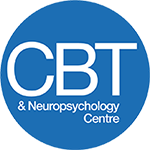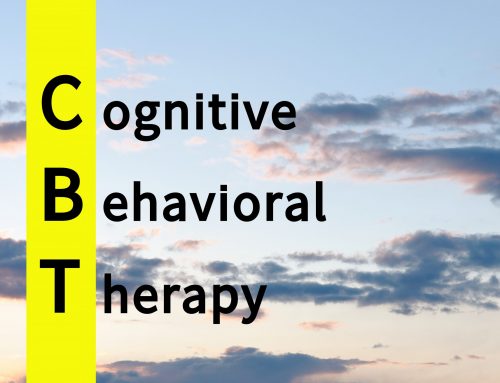ADHD, also known as Attention Deficit Hyperactivity Disorder, is a condition that affects neurodevelopment and has an impact, on focus and attention. It is characterized by difficulties in concentration, behaviour challenges with time management and fluctuations in mood.
ADHD influences brain functioning through mechanisms. It is associated with abnormalities in processes, behaviour patterns, motivation levels well as the regulation of emotions and neural connections within the brain. The areas of the brain affected by ADHD include the Frontal Cortex for higher level functions such as attention and organization the Limbic System involved in emotion regulation and attention control the Basal Ganglia which can experience communication deficiencies leading to disrupted brain activity and finally the Reticular Activating System which plays a role in relaying information between different pathways entering and exiting the brain. When these regions are impacted by ADHD related impairments or deficiencies symptoms like inattention, impulsivity or hyperactivity can arise.
ADHD is associated with deficits including difficulties related to impulse control and working memory. Additionally, it can also affect executive functions such, as memory retention and reaction time.
What are some ways to enhance focus and attention, in individuals with ADHD?
People with ADHD can employ strategies to assist them in concentrating and disregarding overwhelming stimuli from their surroundings. These strategies include.
- Cognitive Behavioural Therapy (CBT); This type of therapy aids individuals in recognizing and modifying thought patterns that contribute to behaviours or emotions. It can be beneficial for those with ADHD by helping them manage distractions and enhance their focus.
- Meditation: Engaging in these practices can enable individuals with ADHD to remain cantered, on the moment thereby reducing the impact of distractions.
- Biofeedback: This technique uses sensors to monitor functions such, as brain waves. By learning to control these functions individuals can enhance their ability to focus and disregard distractions.
- Behavioural Therapy; Collaborating with a therapist to develop coping strategies and skills is an approach for managing distractions and enhancing concentration.
- Modifications; Making changes to your environment can be beneficial such as creating an organized workspace using noise cancelling headphones or utilizing tools like fidget spinners to manage sensory overload.
- Exercise; Engaging in activity has been shown to boost concentration and alleviate symptoms of ADHD.
Remember it is crucial to consult with a healthcare professional to determine the strategies and therapies, for everyone’s unique needs.






